
Revolutionize Your SaaS Experience with Open-Source Powerhouses
Software as a Service (SaaS) has changed the technological landscape, enabling individuals and corporations alike to harness potent applications from the cloud without the encumbrance of downloading or maintaining software. Central to the SaaS model is its rent-based structure: pay as you go, with the freedom to bow out at any time.
Unleashing 11 Open-Source Pioneers for SaaS Needs
In the fluid world of SaaS, open-source alternatives emerge as champions, offering robust functionalities without tethering users to sizeable expenses. All you need is a cloud-hosted server, easily achieved through platforms like AWS, GCP, or DigitalOcean.
Embark on this exploration of alternatives to mainstream SaaS products —
1. Supabase — The Open-Source Firebase Challenger
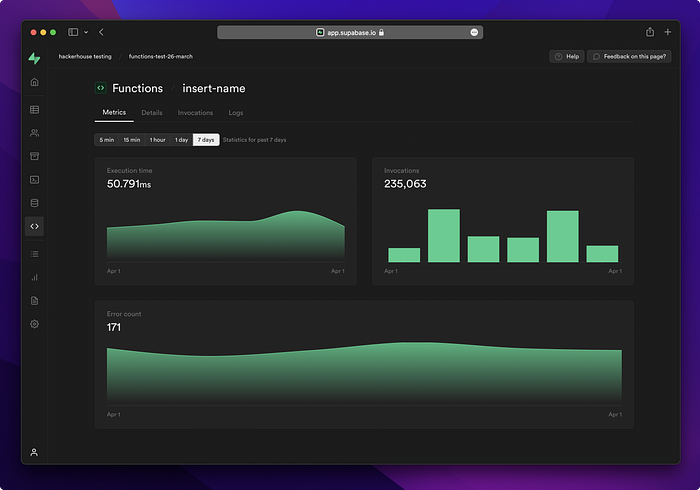
Supabase steps up as a formidable Firebase alternative, mirroring its capabilities while offering a choice between self-hosted deployments or Supabase’s own cloud services.
Explore more on GitHub.
Docker Installation for Supabase:
git clone --depth 1 https://github.com/supabase/supabase
cd supabase/docker
cp .env.example .env
docker compose pull
docker compose up -d
2. Grafana — The Open-Source Mate to Datadog & NewRelic
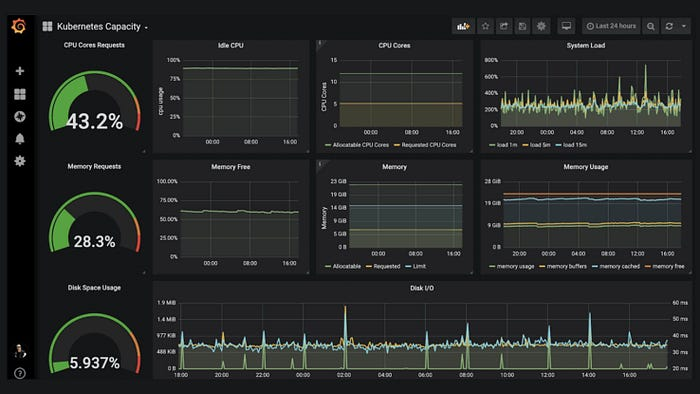
Grafana shines in data visualization, offering seamless insights from an array of sources like Prometheus, Loki, and Elasticsearch.
More information on GitHub.
Docker Installation for Grafana:
docker run -d -p 3000:3000 --name=grafana grafana/grafana-enterprise
For further guidance, refer to Grafana’s installation documentation.
3. Uptime Kuma — The Resilient Uptime Robot Substitute
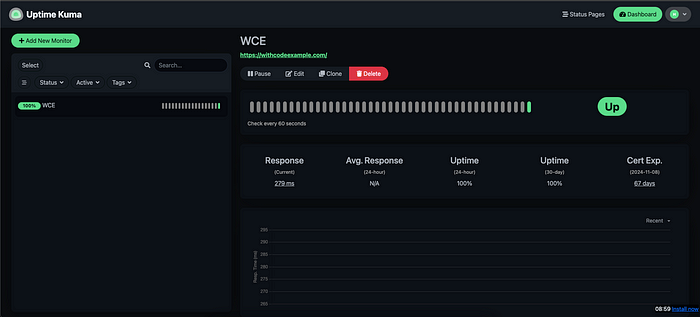
Simple yet powerful, Uptime Kuma offers similar features to Uptime Robot without the price tag. With self-hosting capabilities, it enables seamless monitoring of your websites.
Learn more on GitHub.
Docker Installation for Uptime Kuma:
docker run -d --restart=always -p 3001:3001 -v uptime-kuma:/app/data --name uptime-kuma louislam/uptime-kuma:1
Try the demo.
4. NocoDB — Simplifying Database Management Beyond Airtable
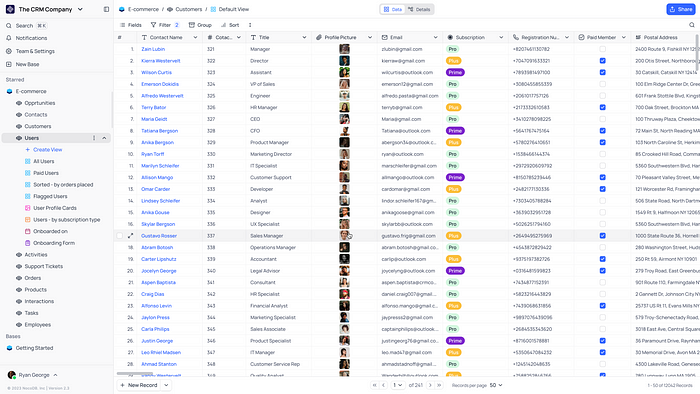
NocoDB, a breath of fresh air for database management, transforms your databases into powerful spreadsheets sans cumbersome code.
Docker Installation for NocoDB:
docker run -d --name nocodb-postgres \
-v "$(pwd)"/nocodb:/usr/app/data/ \
-p 8080:8080 \
-e NC_DB="pg://host.docker.internal:5432?u=root&p=password&d=d1" \
-e NC_AUTH_JWT_SECRET="569a1821-0a93-45e8-87ab-eb857f20a010"
nocodb/nocodb:latest
For SQLite deployment:
docker run -d --name nocodb-sqlite \-v "$(pwd)"/nocodb:/usr/app/data/ \-p 8080:8080 \nocodb/nocodb:latest
5. Dokku — Simplifying Deployments like Heroku, Render
For those with a penchant for simplicity and power, Dokku offers a Docker-based Platform as a Service (PaaS) that can automatically detect technology from your application’s code and facilitate a GitHub-powered CI/CD pipeline effortlessly.

Explore more on GitHub and get installation guidance from the official documentation.
6. Appwrite — The New Face of Open-Source Firebase
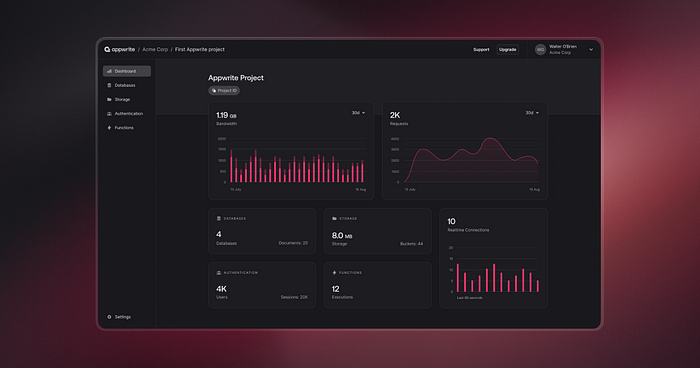
Appwrite is a robust and flexible open-source alternative to Firebase. It offers both self-hosted and cloud-based deployment models, catering to diverse developer needs.
Dive deeper with Appwrite on GitHub.
Docker Installation for Appwrite:
docker volume create n8n_data
docker run -it --rm --name appwrite-instal
docker run -d \-p 8082:80 \-v appwrite_storage:/storage \-v /var/run/docker.sock:/var/run/docker.sock \appwrite/appwrite
Embrace a next-generation Firebase alternative with unparalleled customization opportunities.
Redefining Possibilities with Open-Source Platforms
These transformative open-source alternatives fill the void left by their costly counterparts, democratizing access to innovation for developers and businesses alike. Whether you’re an individual seeking to elevate personal projects or an enterprise aiming to cut down on overlapping subscriptions, exploring these solutions can lead to a paradigm shift in managing your software needs.






